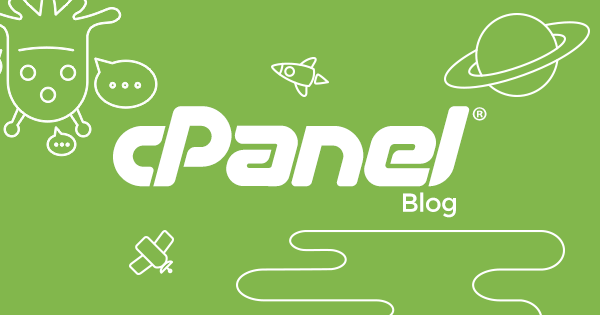[ad_1]
As illustrated by those early photos of the Amazon and Apple offices that we’ve all seen, most businesses understandably start small and then scale up. When and how to scale is an important decision, but ultimately the idea for any business is to increase overall growth. With this in mind, any online business that begins on shared hosting (where all server resources are literally shared between all websites on the server) will aim to migrate onto a VPS or a Dedicated hosting environment as they grow. The benefits associated with VPS and Dedicated hosting are numerous, including not having to share those aforementioned resources with other users; we’ll be touching on a few more of these benefits below.
VPS Or Dedicated Server, What’s The Difference?
The difference between a VPS and a Dedicated Server really comes down to the actual hardware: a Dedicated Server is, as it sounds, its own entire physical server. This means, for the sake of making the example here, that a Dedicated Server could be unplugged, removed from its rack, and simply carried off by a person.
A VPS, on the other hand, shares physical hardware with other VPS servers though its actual resources are not shared. This means each VPS has a certain amount of disk space, compute power, and RAM allocated to it, which cannot be accessed by any other VPS that exists within the same physical hardware. So, using our example above, a person really wouldn’t be able to carry off just one VPS, as one physical server would be hosting multiple individual VPS installations. VPS environments are so compartmentalized within a single server that each VPS itself can be individually rebooted; it truly appears and functions as just a smaller Dedicated Server.
With that said, both VPS and Dedicated Servers provide the exact same software experience, including:
- Full root access
- Fully allocated/unshared resources
- Total control over server configuration
- The ability to perform custom installations
- Choice of Operating System
Why Choose Either A VPS Or Dedicated Server?
This question really comes down to two scenarios. On one hand your business has simply outgrown a Shared hosting environment, meaning that it’s just time to scale up. On the other hand, your business may require certain permissions, installations, or needs that simply cannot be met by Shared hosting. In either case, you would need to determine if you’re ready to make the jump to a full Dedicated Server, or rather to the more cost-effective option of a VPS. A third reason people often utilize a VPS is it can allow them a “sandbox” on which to learn Linux, install different OS distributions, and generally just educate themselves in a non-destructive environment. Of course this purpose would exist outside of business needs.
Various management options exist when it comes to VPS and Dedicated Servers: self-managed, semi-managed, and unmanaged. This all relates to defining the responsible for things like software updates, security patches, and general management of the OS and other software that may be installed on the server. To a large extent, this is determined by the business owner’s budget, tech-savviness, and day-to-day maintenance preferences.
cPanel & WHM® On A VPS Or Dedicated Server
Our licensing is flexible and includes ideal options for both VPS and Dedicated hosting, allowing you total customization of additional software, resource allocation, and user management. It is important to ensure you are utilizing the type of web hosting that works best for your business.
If you’re currently using Shared hosting and are interested in upgrading to a VPS or Dedicated Server, simply contact your web hosting provider for the options available to you; they’ll certainly be happy to assist you in upgrading.
No matter what hosting environment you choose for your business, cPanel & WHM has a solution for you.
[ad_2]
Source link






